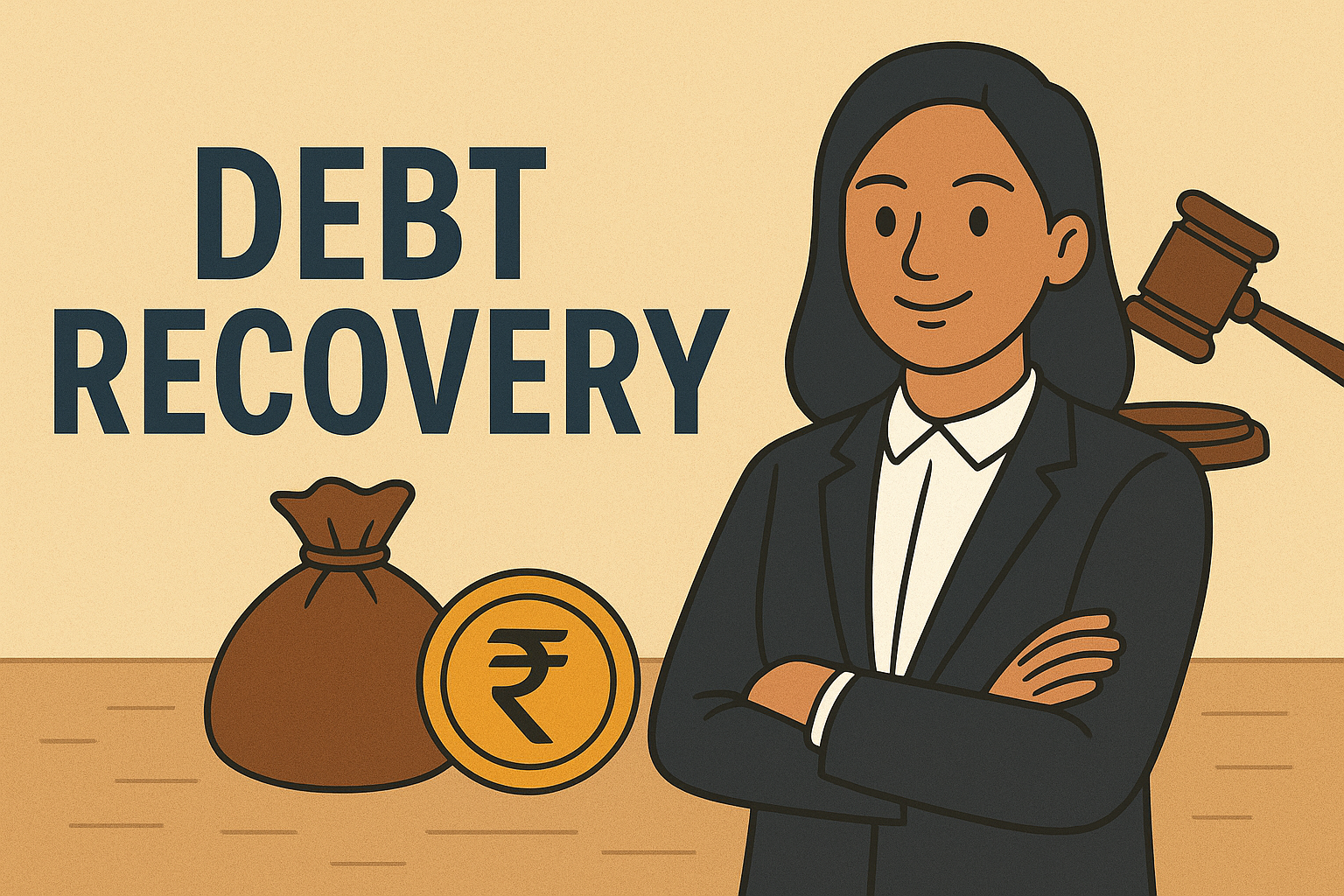
Financial Creditor under IBC – Definition, Rights, and Legal Process
The Insolvency and Bankruptcy Code, 2016 (IBC) revolutionized the insolvency regime in India by introducing a time-bound mechanism for resolving corporate financial distress. Among the key stakeholders in this process is the Financial Creditor — a person or institution to whom a financial debt is owed by the corporate debtor.
Who is a Financial Creditor?
As per Section 5(7) and 5(8) of the IBC, a Financial Creditor means any person to whom a financial debt is owed, including an assignee or transferee of such debt. A financial debt refers to money borrowed against payment of interest, encompassing loans, debentures, bonds, and other credit facilities.
Examples of Financial Creditors
- Banks and financial institutions lending to companies.
- Debenture holders or bond investors.
- Homebuyers (as per the 2018 amendment to IBC).
- Asset Reconstruction Companies (ARCs) and NBFCs.
Initiating Insolvency Proceedings – Section 7 IBC
A Financial Creditor can initiate the Corporate Insolvency Resolution Process (CIRP) under Section 7 of the IBC when a default occurs. The application is filed before the National Company Law Tribunal (NCLT) along with:
- Evidence of default (bank statements, loan agreements, etc.).
- Details of debt amount and date of default.
- Written consent of the proposed Interim Resolution Professional (IRP).
The NCLT, upon satisfaction, admits the application and declares a moratorium under Section 14, halting all recovery proceedings against the corporate debtor.
Role and Rights of Financial Creditors
- Form the Committee of Creditors (CoC), which drives the CIRP and votes on resolution plans.
- Right to approve or reject a resolution plan under Section 30(4).
- Right to participate in meetings, access information, and challenge resolutions before NCLAT/Supreme Court.
- Priority in repayment during liquidation as per Section 53 of IBC.
Key Judicial Precedents
- Innoventive Industries Ltd. v. ICICI Bank (2018) 1 SCC 407 – Established that once default is proved, NCLT must admit the Section 7 application.
- Swiss Ribbons Pvt. Ltd. v. Union of India (2019) 4 SCC 17 – Upheld the constitutional validity of IBC and recognized the primacy of Financial Creditors in CIRP.
- Phoenix ARC Pvt. Ltd. v. Spade Financial Services Ltd. (2021) 3 SCC 475 – Clarified that only genuine lending transactions qualify as financial debts.
Conclusion
The IBC empowers Financial Creditors with significant rights to initiate insolvency and recover dues in a structured and time-bound process. Their decisions play a vital role in the revival or liquidation of distressed companies. Proper documentation, timely action, and legal compliance are essential for effective enforcement of creditor rights under the IBC.
Disclaimer: This article is for informational purposes only and does not constitute legal advice. For specific guidance, please consult a qualified insolvency professional or advocate.
Tags: Financial Creditor, IBC, NCLT, Insolvency, Corporate Debtor, Section 7, CIRP


